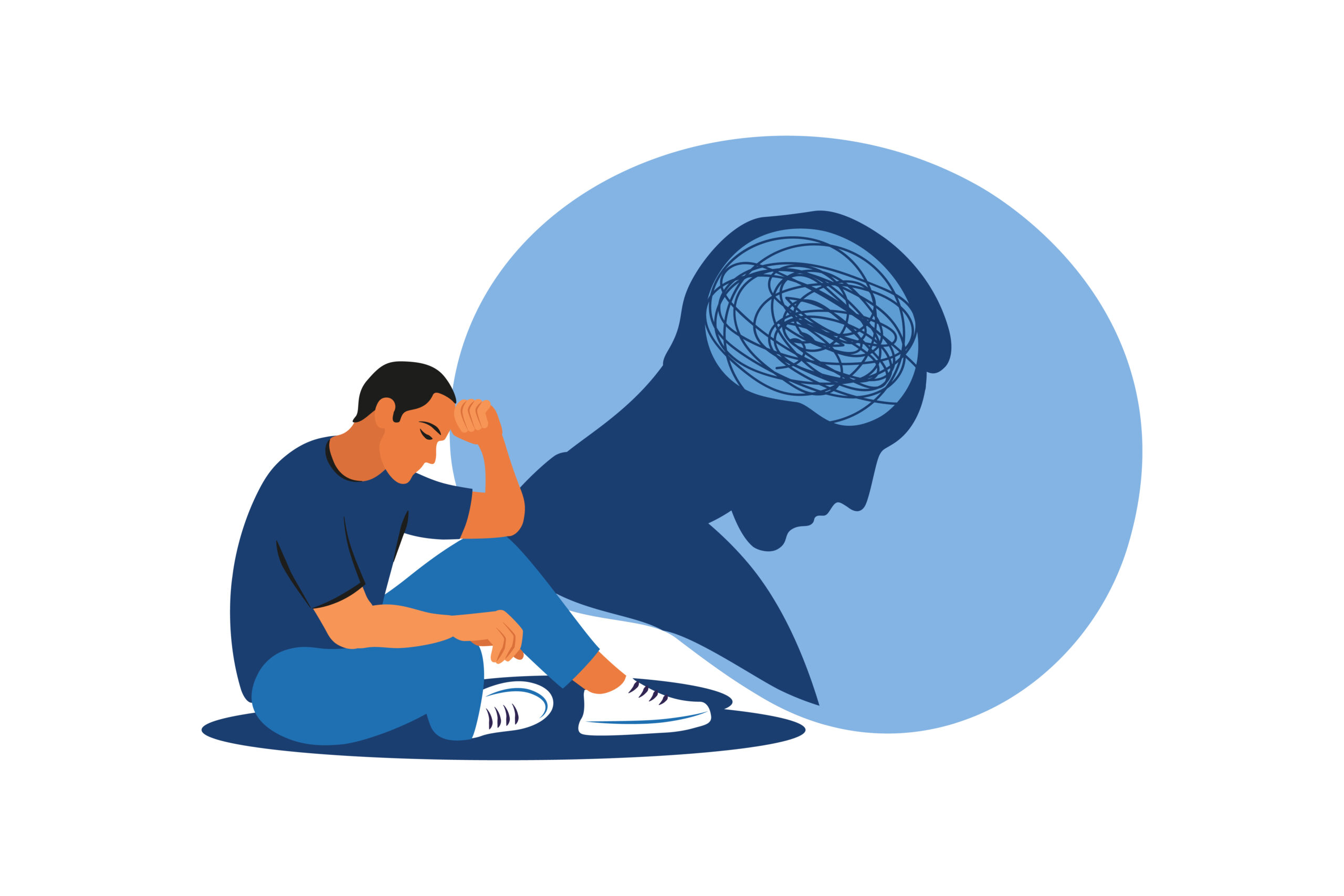Childhood Trauma Research Study
Researchers at Duke Health are conducting a study to understand why young adults who had negative experiences in childhood are at an increased risk of smoking.

Fast Facts

Not taking psychiatric medication

Ages 18-21

Compensation Provided

Conducted in Durham, NC
Study Background
Researchers at Duke Health are conducting a study to understand why young adults with a history of trauma are more likely to smoke cigarettes. Our goal is to explore how trauma history and brain functions influence responses to initial exposures to nicotine in people who haven’t smoked before. Through our study, we aim to use brain imaging to uncover answers as to why negative childhood experiences are associated with increased rates of smoking in adulthood.
Participants will complete an MRI scan, computer tasks, and will consume small amounts of nicotine nasal spray in a controlled laboratory setting with a physician on call.

Study Background

Researchers at Duke Health are conducting a study to understand why young adults with a history of trauma are more likely to smoke cigarettes. Our goal is to explore how trauma history and brain functions influence responses to initial exposures to nicotine in people who haven’t smoked before. Through our study, we aim to use brain imaging to uncover answers as to why negative childhood experiences are associated with increased rates of smoking in adulthood.
Participants will complete an MRI scan, computer tasks, and will consume small amounts of nicotine nasal spray in a controlled laboratory setting with a physician on call.

Additional Information
We aim to investigate how negative and traumatic childhood experiences affect neurological processing in young adults when they are exposed to nicotine to help us understand why these experiences increase rates of cigarette smoking.
You may qualify for this study if you meet the following criteria.
Inclusion Criteria:
- Ages 18-21
- Experienced negative childhood events
- Willing to complete an MRI and blood draw
Exclusion Criteria:
- Taking psychiatric medications
- Use of nicotine or recreational drugs more than 10 times in your lifetime
- Contraindications to fMRI such as metal in the body, a permanent top retainer, or claustrophobia.
This study requires a total of 1 remote visit and 6 in-person visits.
These visits include
- A remote screening session
- A screening + training visit (~2 hours)
- An fMRI session (~2 hours)
- 3 x Nasal spray administration sessions (~3 hours) and a nasal spray choice session (~4.5 hours). You will have blood drawn to measure nicotine levels at the end of each experimental session
- You will be asked to provide urine samples to test for recent drug use and pregnancy (if necessary).
Compensation is provided after each in-person session, as follows:
- Screening and training visit = $75
- fMRI session = $150
- 3 x Nasal spray administration sessions = $150 each
- Nasal spray choice session = $150
- Completion bonus = $100 for completing all experimental visits
Total = $925 for completing all aspects of the study.
There is no cost for you to participate in our research study.
